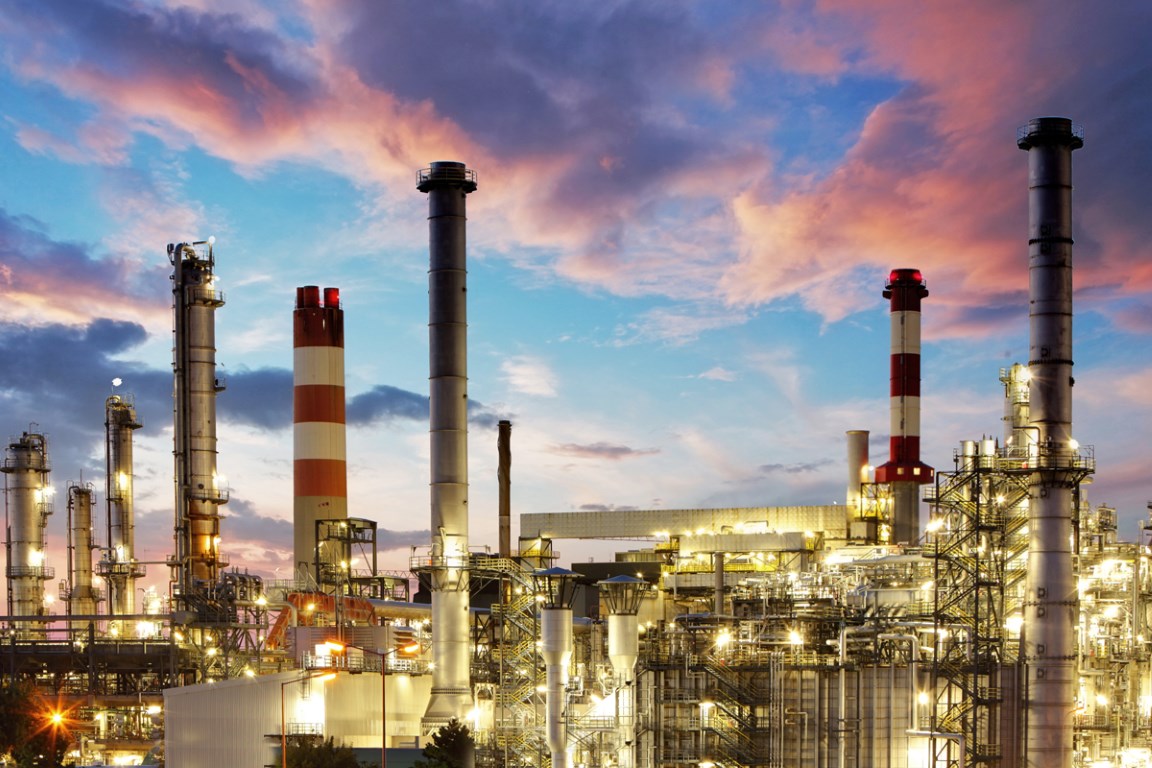Petcoke the answer?
December 6, 2017 | Expert Insights

Reuters has reported that Indian oil refiners are drawing up plans to use petroleum coke for power generation.
Background
India is heavily dependent on crude oil imports, with petroleum crude accounting for about 34 percent of the total inward shipments.
In terms of sheer oil consumption, India ranks third behind China and the US. Its oil consumption is at 5.5% globally as of 2016. The total primary energy consumption from crude oil is 212.7 Mtoe and is about 29.38% of all India’s energy consumption. As the nation has continued to develop economically, its consumption has also significantly growth. Between 2005 and 2015, India's oil consumption grew 4.9 per cent while global growth was 1 per cent. “India could very well be the biggest contributor of incremental oil demand growth for the next few years, led by its strong economic growth,“ said Vandana Hari of Vandainsight in Singapore. “It could overtake China as the country adding the most to global oil demand in absolute terms despite a much smaller base because, just as India's consumption is rising strongly, Chinese demand is cooling off.”
In 2011, HSBC revealed that India’s planning commission projects that dependence on energy imports could double to 53% of commercial energy consumption in 2031-32 from about 25% in 2003-04. India is heavily dependent on oil rich nations especially OPEC countries for its oil imports. Currently, Iraq and Saudi Arabia are the top two countries that India imports oil from. In April 2017, India's imports from Iraq topped 1 million barrels per day (bpd). Iran has gone from being India’s sixth largest supplier to India’s third largest supplier. Iran sold 19.8 million tonne crude oil to India in the first nine months of the 2016-2017 fiscal year. For the same period, Sauid Arabia sold India 30.3 MT and Iraq sold India 29.1 MT. Venezuela supplied 23.6 MT, Nigeria 23.4 MT and UAE sold India 15.7 MT of crude oil.
Petrol and diesel prices in India have gone up exponentially in 2017. On September 12th 2017, the price of petrol in Mumbai cost Rs 79.48 per litre. In Delhi, it cost Rs 70.38 per litre. Diesel prices also went up with its being priced at Rs 62.37 per litre in Mumbai and Rs 58.72 per litre in Dehi. The price of petrol since July 1st has increased by Rs 5.18 per litre in Mumbai and Rs 5.75 per litre in Kolkata. The price has increased by Rs 5.71 in Chennai.
Analysis
On November 7th, 2017, Delhi was covered in smog. The air quality in the capital city of India and the world's most polluted capital has reached hazardous levels. The Supreme Court has since asked three states to ban two cheap but highly polluting industrial fuels. The three states are - Rajasthan, Haryana and Uttar Pradesh.
Reuters has reported that Indian oil refiners are drawing up plans to use petroleum coke for power generation. The goal is to produce syngas, especially since the government banned use of the heavily polluting fuel in and around New Delhi. IOC has already invested billions of dollars in order to produce high-valued added products such as gasoline and liquefied petroleum gas. In the past, IOC used to supply primarily Northern India especially the three states that has now been banned by the Supreme Court (Rajasthan, Haryana and Uttar Pradesh). The petcoke is still being produced but the company is diverting it to regions where it is not banned.
IOC’s Chairman Sanjiv Singh Said, “Normally petcoke gasifiers are large and capital intensive. A possibility is that we can build one gasifier for two to three refineries.”
Assessment
Our assessment is that petcoke popular among Indian refiners because the annual demand has doubled to 27 million tonnes in the past four years. It is cheaper and more energy efficient than coal. However, it is highly polluting as it emits toxic sulphur oxides and carbon dioxide when burned. Companies are hoping that the Supreme Court will allow the use of petcoke in the cement industry where it is not used as a form of fuel.








Comments